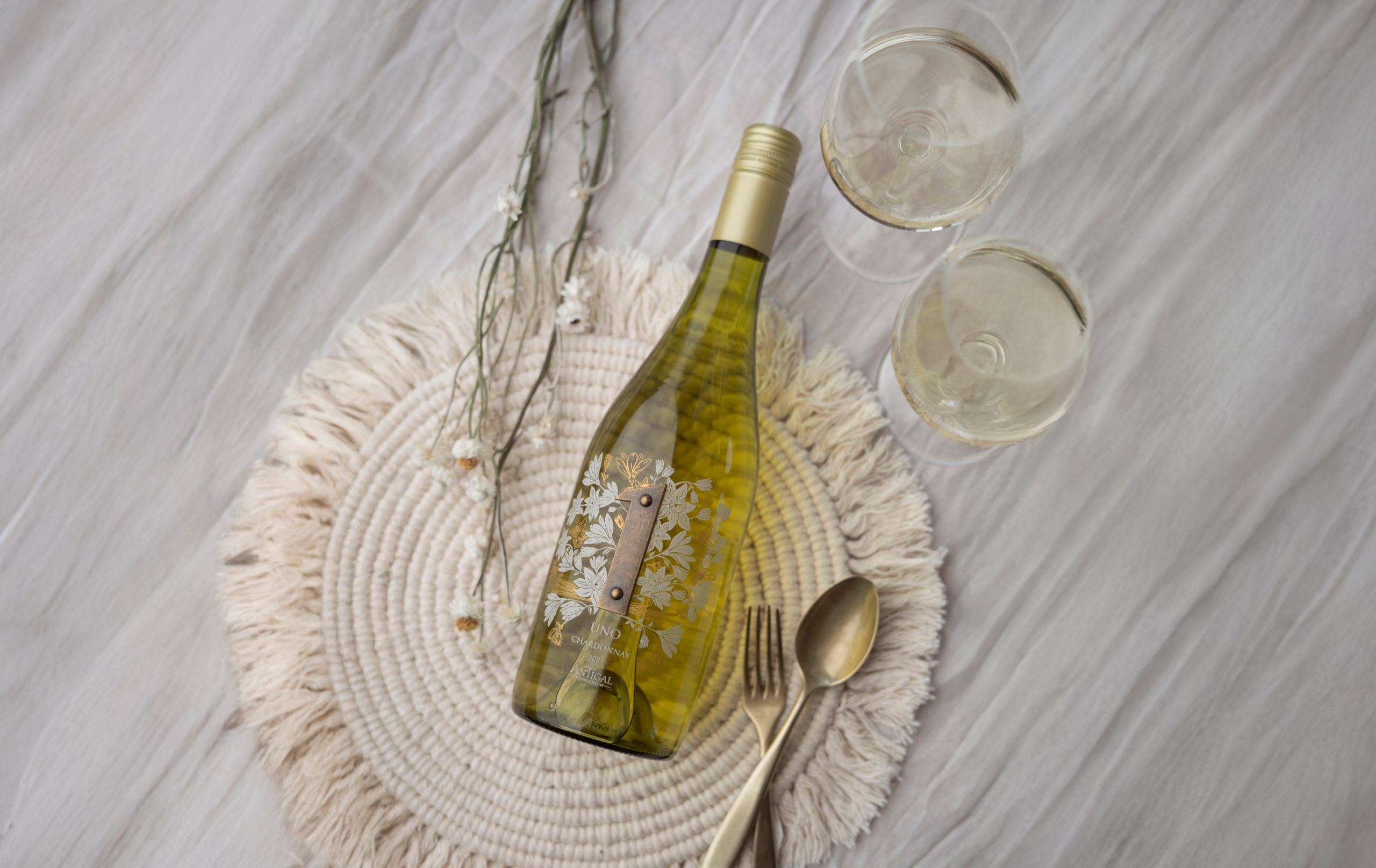Britain faces rocky road
Both Pernod Ricard and LVMH have issued encouraging global trading statements that show considerable improvement in the first half of this year compared with the dire first two quarters of 2009.
At home, companies such as Young’s, Fuller’s, JD Wetherspoon and Greene King have all benefitted from easing business conditions in recent weeks. But while every upturn is welcome, this is far from an established trend, especially in the British market.
For a start, Britain’s consumers now have less faith in the economy than they did in the first three months of this year. The British Retail Consortium’s index of consumer confidence has fallen for the first time since April 2009.
Worse, when measured by global indicies, Britain’s shoppers are among the least buoyant – except for the French. Almost a quarter of them say that already they have no spare cash in their pockets.
Very few of the measures have taken effect yet, but the budget heralded tax rises, welfare cuts and large job losses and a pay freeze in the public sector. The VAT rise to 20% is looming after Christmas. Household disposable incomes will be 1.5% lower at this time next year than they are now, if the government’s projections are right.
Therefore, even fewer will have spare cash as the squeeze tightens – a position that will be exacerbated if interest rates rise and mortgage payments are forced up. That, however, may be many months away.
Partner Content
The drinks sector is not starting from a firm base. Government statistics show that spending in pubs and restaurants actually fell in the first quarter of this year (partly due to the severe winter), wiping out the improvements in the final three months of 2009 and returning to the lowest level since 1998. Off-trade sales, however, rose.
But as the more successful pub operators continue to point to food driving their profits growth, the corollary is that spending on alcohol is at best static. Worse, official figures show that spending on alcohol and tobacco tends to fall in the first year of a consumer recovery.
Pundits suggest that January’s rise in VAT to 20% will not hit retailers as severely as might be thought. There is anecdotal evidence of prices rising gently in anticipation – supermarkets and retail sheds love to boast of “holding” their prices when the tax rise hits. But in a sector as competitive as drinks, that can only be achieved by further squeezing suppliers.
Additionally, the consumer rush to beat the VAT rise will affect “big ticket” items rather than leisure spending – and it only advances spending rather than increases it. The first three months of 2011 will be a very testing time for the drinks sector; there will be very few positives for it.
Finance on Friday, 30.07.2010




